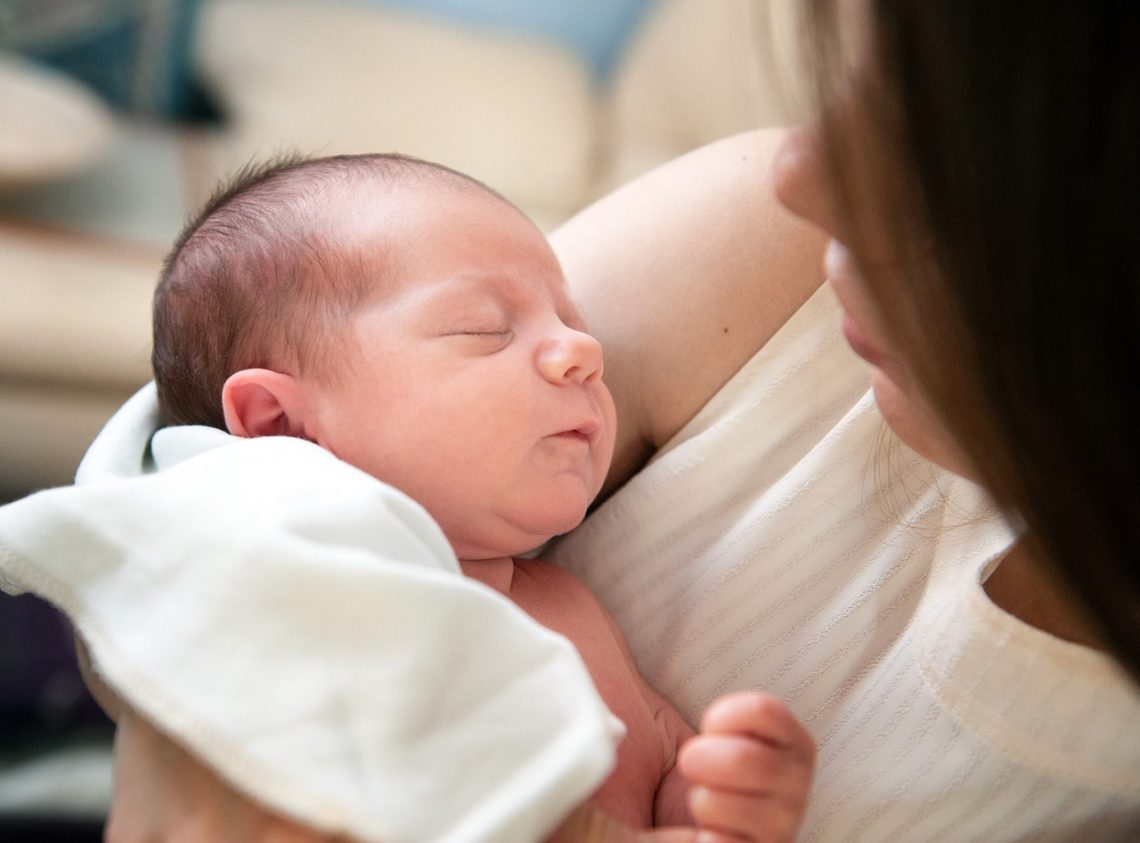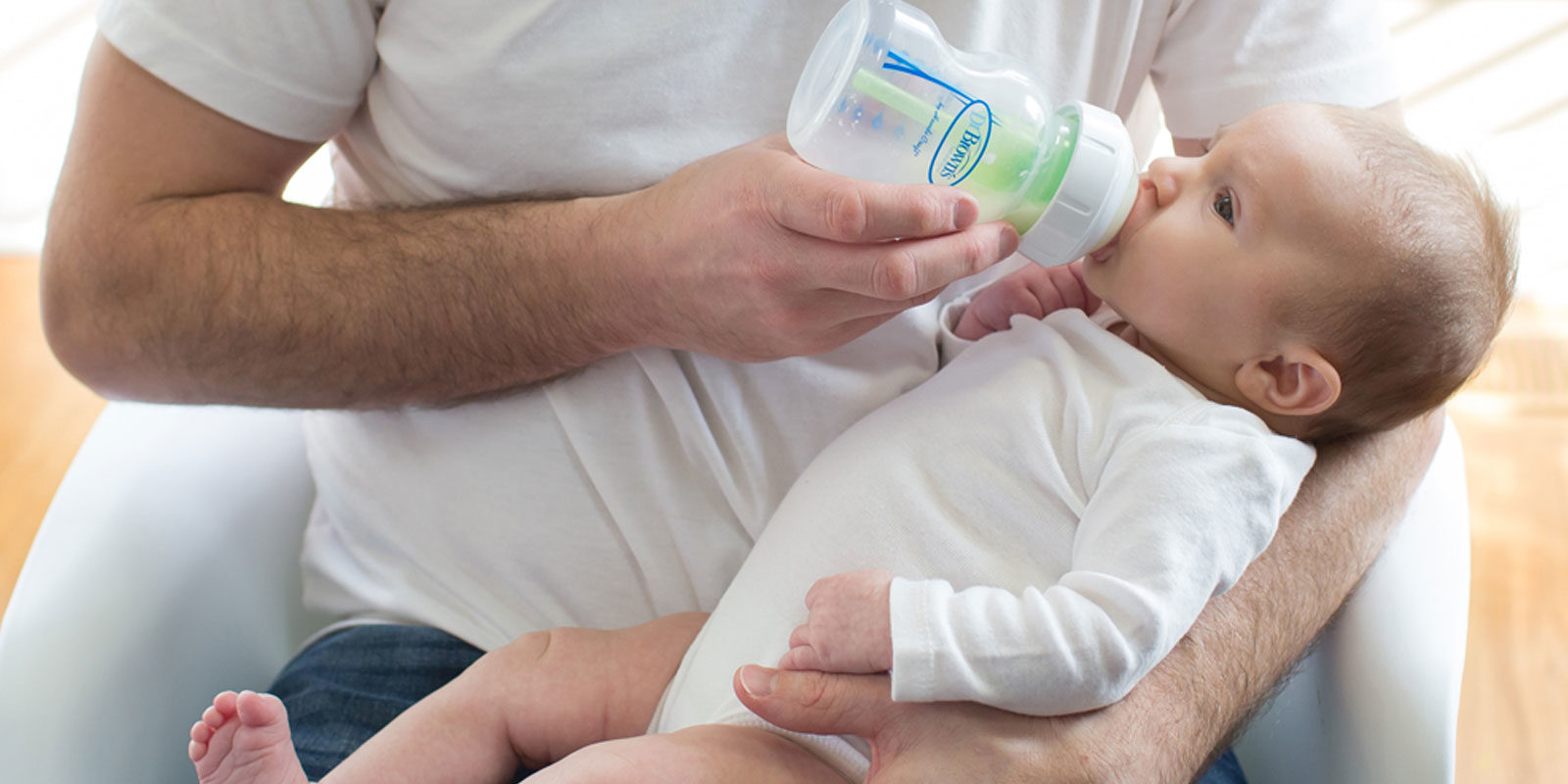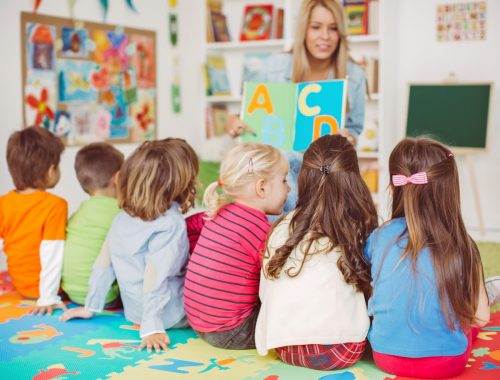
The ABCs of Baby Care: Easy Tips for First-Time Parents
Becoming a parent is an extraordinary and life-changing experience. Amid the joy and excitement, it’s natural for first-time parents to feel a mix of emotions, including a hint of apprehension about caring for their newborn. While there’s no instruction manual for parenting, learning the ABCs of baby care can help new parents navigate the early stages more confidently and easily. In this blog, we’ll provide easy and practical tips for first-time parents to ensure their little one’s well-being and create a nurturing environment for their baby’s growth and development.
A is for Always Be Prepared:
When it comes to caring for a baby, preparedness is key. Ensure you have all the essential baby supplies ready before your little bundle of joy arrives. Stock up on diapers, baby wipes, formula (if you’re not breastfeeding), onesies, blankets, and other necessities. Having a baby first-aid kit on hand is also helpful for minor injuries or emergencies. Being prepared will save you from last-minute runs to the store and allow you to focus on bonding with your baby.
B is for Bonding Time:
Bonding with your baby is a beautiful and vital aspect of early parenthood. Skin-to-skin contact, cuddling, and talking to your baby help establish a strong emotional connection. Hold your baby close, make eye contact, and engage in gentle touch to convey love and security. As you spend time together, you’ll start to recognize your baby’s cues and respond to their needs more effectively, fostering a deep and meaningful bond.
C is for Comfort and Safety:
Your baby’s comfort and safety are of utmost importance. Ensure that their sleeping area, whether a crib or bassinet, is free of soft bedding, pillows, and toys to reduce the risk of suffocation. Lay your baby down to sleep on their back to lower the risk of Sudden Infant Death Syndrome (SIDS). Keep the room at a comfortable temperature and dress your baby in appropriate layers to maintain comfort. Regularly check and baby-proof your home to prevent accidents as your little one starts to explore their surroundings.
D is for Diaper Duty:
Diapering is a significant part of baby care, and you’ll quickly become a pro at it. Change your baby’s diapers frequently to prevent diaper rash and discomfort. Clean the diaper area gently with baby wipes or a soft washcloth, and use diaper rash cream as needed. Remember to wash your hands before and after each diaper change to maintain proper hygiene.
E is for Establishing a Routine:
Babies thrive on routines, and establishing a daily schedule can provide a sense of security and predictability for your little one. Aim for a consistent feeding, sleeping, and playtime schedule. While newborns may not adhere strictly to a routine initially, they will adapt to the patterns you create over time. A routine can help you anticipate your baby’s needs and ensure they get enough rest and nourishment.

F is for Feeding Your Baby:
Feeding your baby is a significant part of early parenting. If you choose to breastfeed, seek guidance and support from lactation consultants or healthcare professionals. Breastfeeding offers numerous health benefits for both the baby and mother. If breastfeeding isn’t an option, formula feeding can provide the necessary nutrition for your baby’s growth. Whether breastfeeding or formula feeding, ensure your baby is positioned comfortably during feeding to prevent discomfort or potential issues like gas.
G is for Growth and Development:
Each baby develops at their own pace, and providing a nurturing environment that encourages growth and development is essential. Engage in interactive play and provide age-appropriate toys that stimulate your baby’s senses. Tummy time is crucial for strengthening neck and upper body muscles and promoting motor skills development. Celebrate each milestone your baby reaches and offer lots of encouragement and praise.
H is for Health and Hygiene:
Maintaining your baby’s health and hygiene is essential for their well-being. Keep your baby’s nails trimmed to prevent scratching and gently clean their ears, eyes, and nose. Wash your baby’s clothes, bedding, and toys regularly to keep them clean and germ-free. Schedule regular check-ups with a pediatrician and keep up with vaccination schedules to protect your baby from preventable illnesses.
The journey of first-time parenthood is both rewarding and challenging. By learning the ABCs of baby care, you can navigate the early stages with greater confidence and create a loving and nurturing environment for your little one.
You May Also Like

The Very Best Biblical Scriptures for Children’s Sunday School
2022-11-09
5 Top Tips for Choosing Childcare
2024-06-17

